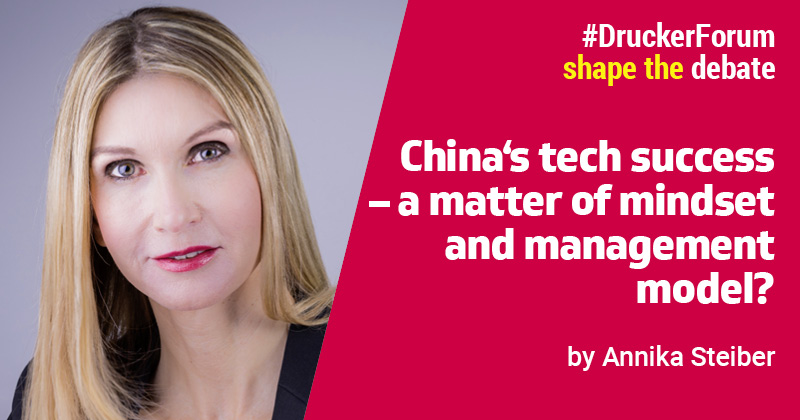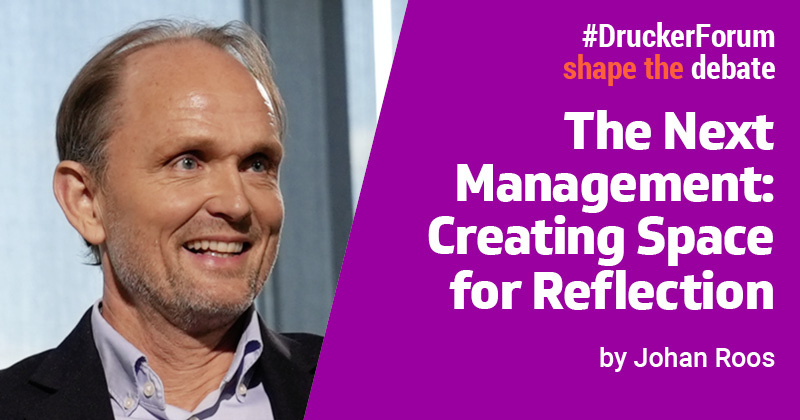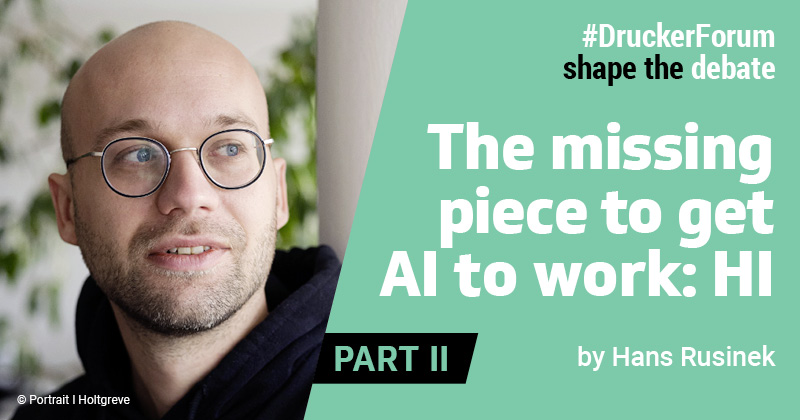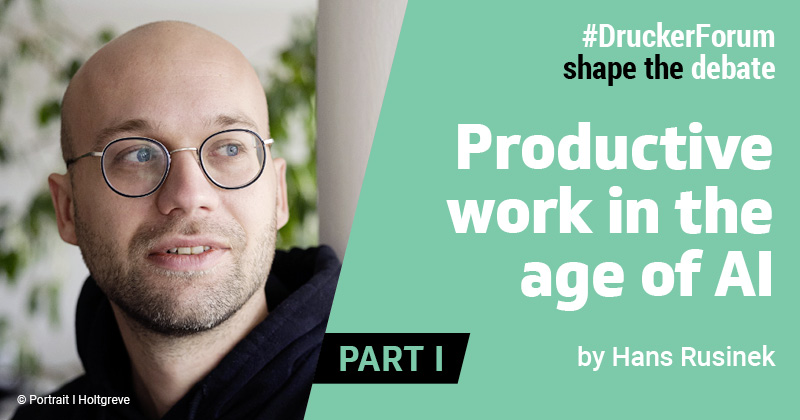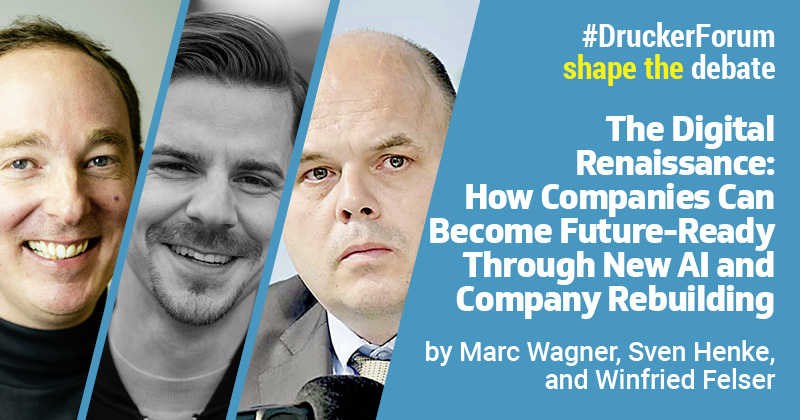In Blog 1, we described the unmanaged state of management with the default mode of “muddling through” that so many organizations find themselves trapped in. In Blog 2, we unpacked the nine features that define mastery in management from diagnostic to interactive and from human to regenerative.
Now the question becomes: How do we get there?
How do we move from where we are to where we want to be without getting lost, stuck, or overwhelmed?[…]



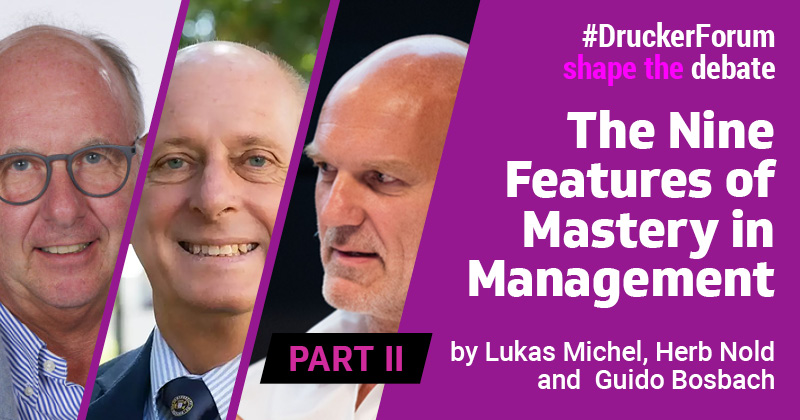
![[…]](https://www.druckerforum.org/blog/wp-content/uploads/Michel_Nold_Bosbach_1_600x315px.jpg)
